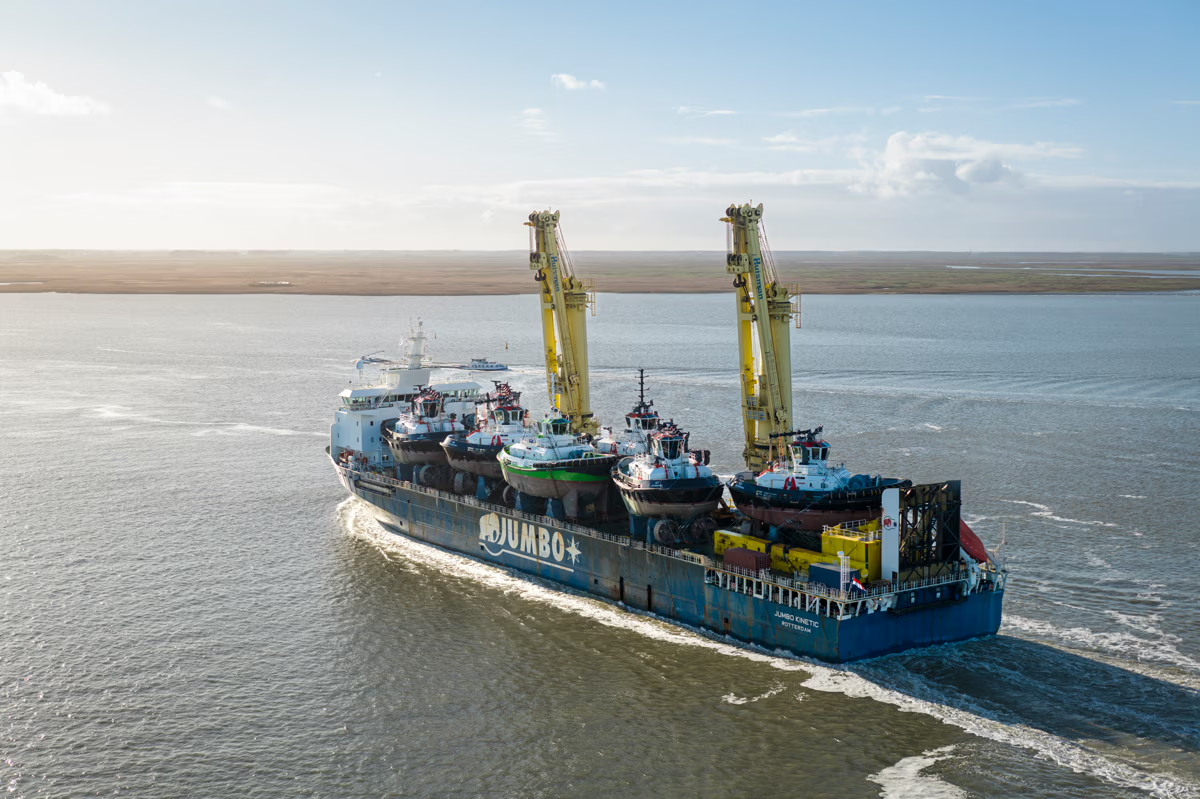NATO-Russia Council (NRC) Work Programme for 2012
NATO and Russia agree that countering piracy is a common security challenge and have agreed to explore ways to strengthen cooperation in this area under the NATO-Russia Council (NRC) Work Programme for 2012. Building on limited military tactical cooperation off the Horn of Africa, they are seeking to strengthen information exchange and coordination and considering possible mutual support, such as refuelling and medical assistance, for ships involved in counter-piracy operations.
“We are all actors in the same area and good cooperation between our forces will enhance the effectiveness in keeping the shipping lanes safe as well as mutual understanding of the NATO and Russian units,” says Rear Admiral (LH) Sinan Azmi Tosun, the current Commander of Ocean Shield, NATO’s counter-piracy operation in the Gulf of Aden.

NATO and Russian ships work as convoy escorts in the Internationally Recommended Transit Corridor (IRTC), which was established in early 2009 to help provide protection and security to merchant shipping in the Gulf of Aden and the southern Red Sea, a busy shipping area that is particularly prone to attacks by pirates operating from Somalia. Russian assets are occasionally invited to participate tactically with the ships of Allied countries and the naval task forces of other international actors operating in the area.
In January, Rear Admiral Tosun visited the flagship of the Russian Pacific Fleet detachment which operates in the area, the Admiral Tributs, when it was escorting a merchant vessel convoy near where the NATO flagship, TCG Giresun, was patrolling. He had a constructive meeting with the Russian Commander, Captain 1st Rank Ildar Ahmerov. Both sides shared information on their counter-piracy operations and discussed opportunities for training to improve interoperability between NATO and Russian ships.
Working together at sea
Tactical-level information exchange at sea, including intelligence on the locations of pirates and ships reporting attacks, is currently conducted via an internet-based ‘chat’ capability known as Mercury.
Efforts to improve the effectiveness of operations and develop interoperability at sea got underway in 2011. They included a lessons-learned seminar in Copenhagen, Denmark; training in maritime interdiction operations for Russian navy vessels on their way to the Horn of Africa area, conducted at the NATO Maritime Interdiction Training Center in Souda Bay, Crete, Greece; and a workshop on counter-piracy for operational commanders in St Petersburg, Russia.
Following up on proposals for enhancing counter-piracy cooperation made by Russia in September 2011, the NRC has decided to explore possibilities for mutual medical and logistics support for ships involved in current and future operations.
A first replenishment-at-sea event involving Russian and Allied ships was organized on 31 January 2012. The aim was to gain better understanding of the practical and technical issues that would need to be addressed to make cooperation on refuelling between Allied and Russian navies in support of Operation Ocean Shield possible.
A common security challenge
Countering piracy is one of the key areas of common interest and concern identified in the Joint Review of 21st Century Common Security Challenges that was approved by NRC Heads of State and Government in Lisbon in November 2010. Limited cooperation at the tactical level has been developing between Allied ships and Russian vessels since late 2008.
NATO has been contributing to international counter-piracy efforts off the Horn of Africa since December 2008. Initially, NATO’s mission was focused on escorting UN and World Food Programme shipping; the mission was later expanded to help protect merchant shipping in the Gulf of Aden. NATO is working with other international navies to improve cooperation and coordination.
Russia has also been sending ships to the Gulf of Aden to protect merchant shipping for several years, focusing on escorting ships from the Red Sea into the Indian Ocean.
Source: NATO


























































